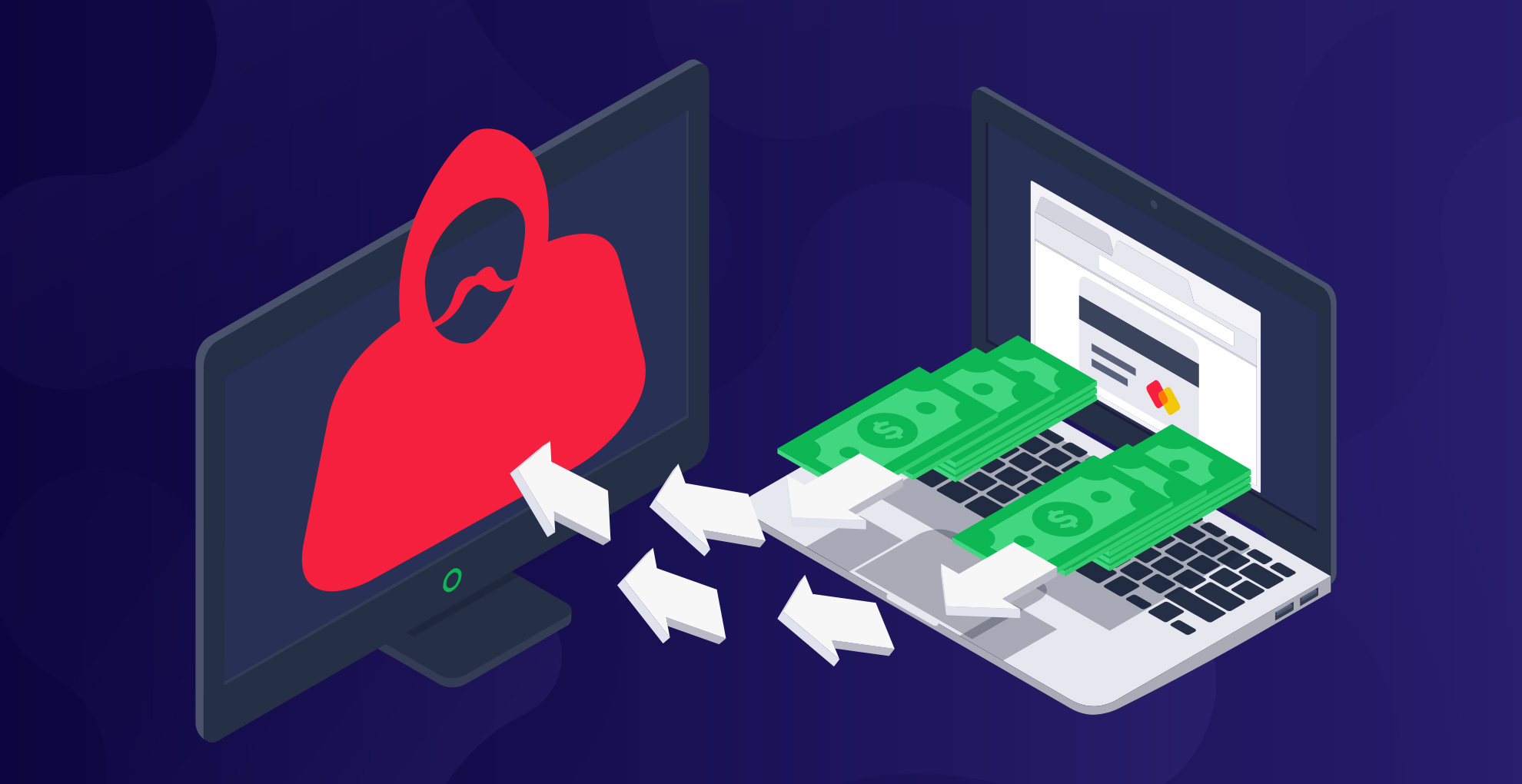Most ransomware victims pay up, but many never recover their data
Paying the ransom is never a good idea, experts warn

Most businesses that fall victim to a ransomware attack decide to pay the criminals for their data, but many still end up empty-handed, according to a report from Veeam.
The backup, recovery, and data management solutions provider, recently polled 1,000 IT leaders (CISOs, security pros, backup admins, and IT operators) whose organizations suffered a ransomware attack.
The report found 76% of victims decided to pay up, in order to get their data back as soon as possible. However, just 52% were able to recover their encrypted files, while the remaining 24% were left empty-handed. In other words, the researchers are saying, there is a one in three chance that despite paying the ransom, you might still not be able to recover your lost files.
Share your thoughts on Cybersecurity and get a free copy of the Hacker's Manual 2022. Help us find how businesses are preparing for the post-Covid world and the implications of these activities on their cybersecurity plans. Enter your email at the end of this survey to get the bookazine, worth $10.99/£10.99.
Aspiring to strong backups
Veeam noted that 19% of customers did not pay any ransom, because they were able to recover their data from a backup, something the remaining 81% “must aspire to”.
As a conclusion, the report states that businesses are not helpless in the face of ransomware attacks, and that with good prevention and backup strategies, they can stay relatively safe.
Keeping backups safe is also going to be a challenge, as 72% of organizations have had either partial, or complete attacks, on their backup repositories - and almost all attackers tried to destroy backup repositories.
“Educate employees and ensure they practice impeccable digital hygiene; regularly conduct rigorous tests of your data protection solutions and protocols; and create detailed business continuity plans that prepare key stakeholders for worst-case scenarios,” advised Danny Allan, Veeam’s CTO.
Sign up to the TechRadar Pro newsletter to get all the top news, opinion, features and guidance your business needs to succeed!
However, before doing any of those - businesses need to keep their software up to date. Veeam says 80% of successful attacks have targeted known vulnerabilities with malware, putting emphasis on the importance of patching and software upgrades.
Sead is a seasoned freelance journalist based in Sarajevo, Bosnia and Herzegovina. He writes about IT (cloud, IoT, 5G, VPN) and cybersecurity (ransomware, data breaches, laws and regulations). In his career, spanning more than a decade, he’s written for numerous media outlets, including Al Jazeera Balkans. He’s also held several modules on content writing for Represent Communications.
